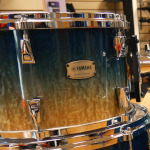Opening Times
- Mon - Sat
- 9.00am - 5.30pm
- Sundays
- Closed
New Releases
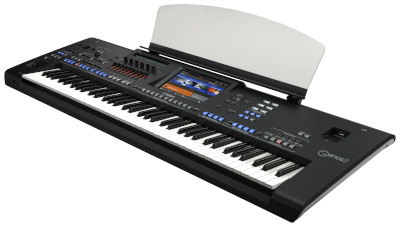
Yamaha Genos2
New Release : £3248.99
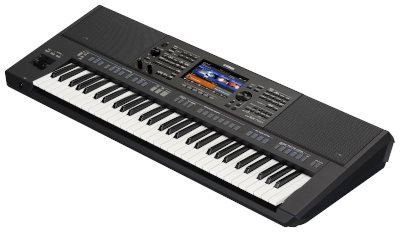
Yamaha PSR-SX720
New Release : £969.00
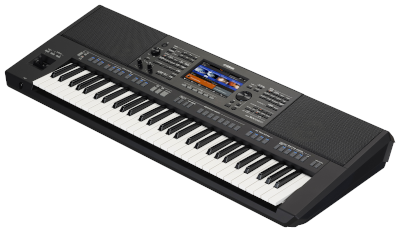
Yamaha PSR-SX920
New Release : £1679.00
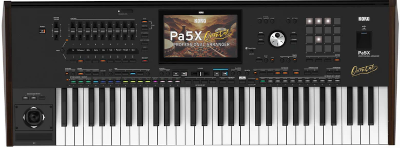
Korg Pa5X 61 Oriental
New Release : £3499.01
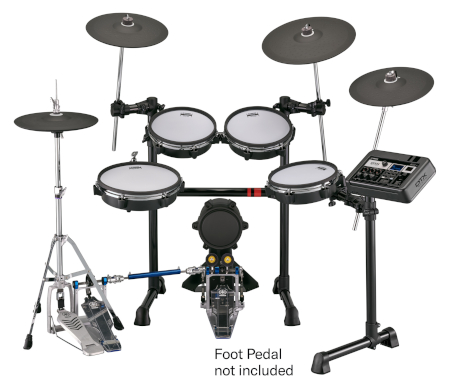
Yamaha DTX6K5-M Electronic Drum Kit
New Release : £1269.00
WEEE - Waste Electrical & Electonic Equipment
What is WEEE?
The Waste Electrical and Electronic Equipment (WEEE) Directive is now UK law. The legislation aims to make producers pay for the collection, treatment and recovery of waste electrical equipment. The regulations also mean that suppliers of equipment like high street shops and internet retailers must allow consumers to return their waste equipment free of charge. The amount of WEEE thrown away in the UK is increasing by around 5% each year, making it the fastest growing waste stream in the UK.
- Much of the UK's WEEE ends up in landfill, where the lead and other toxins it contains can cause soil and water contamination. This can have a harmful effect on natural habitat, wildlife and also human health.
- Many electrical items that we throw away can be repaired or recycled.
- Recycling items helps to save our natural finite resources and also reduces the environmental and health risks associated with sending electrical goods to landfill.
Distributors of new Electric and Electronic Equipment (EEE) have a part to play in reducing the amount of WEEE going into landfill sites.A&C Hamilton Musical Instruments is obliged under these regulations to offer our customers free take-back of their WEEE on a like-for-like basis when they buy a new Electrical or Electronic product from us.
For example, if a customer bought a new guitar amp from us we would accept their old guitar amp and prevent it going into a landfill site by disposing of it safely.
Customers must return their WEEE item to us within 28 days of purchasing their new item. It is the customers responsibility to pay for the postage where appropriate.
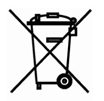 |
Goods are marked with this symbol to show that they were produced after 13th August 2005, and should be disposed of separately from normal household waste so that they can be recycled. |
Specials

Yamaha Genos Second Hand
Special Offer - £1799.00
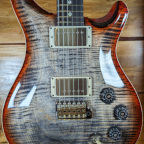
PRS DGT Moons 1-Piece Top Charcoal Cherry Burst #0374161
Special Offer - £3799.01
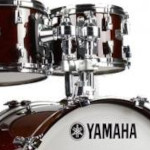
Yamaha Absolute Maple Hybrid 4pc Rock Shell Pack - Classic Walnut - Ex-Demo With Protection Racket Cases
Special Offer - £2598.99
